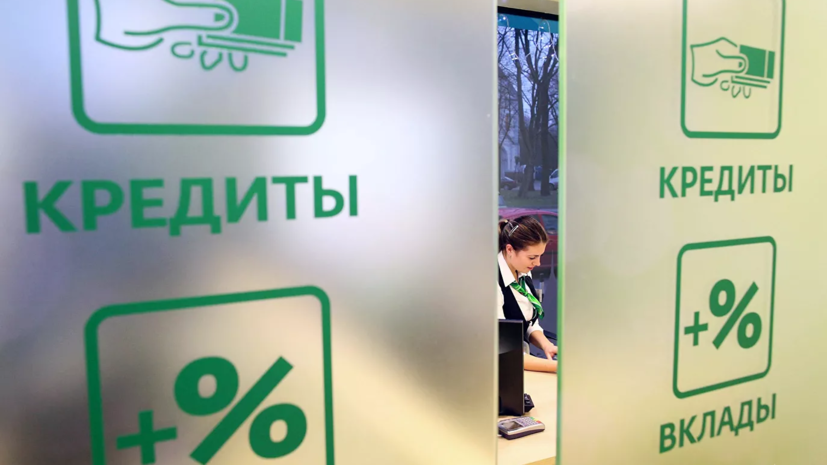Alexei Volkov, Marketing Director of the National Bureau of Credit Histories, explained that the NBKI database contains information about more than 100 million Russians.
He noted that these include citizens who are somehow involved in the processes of retail lending.
“The overwhelming majority of them have or once had loans.
But the database of credit histories also contains data on citizens who have never had their own loans.
We are talking, for example, about guarantors / co-borrowers for loans or debtors for housing and communal services.
Thus, according to our assessment, at least 85% of the economically active population of the country had or have existing loans of their own, ”the expert said.
According to him, the credit infrastructure reached this indicator approximately in 2015, and since then, Volkov added, this share has remained approximately at the same level.
According to Georgy Ostapkovich, director of the Center for Market Research at the Institute for Statistical Studies and Economics of Knowledge at the Higher School of Economics, people may not take loans for many reasons.
“If a person lives in a small village, with his own subsistence farming, and we have huge territories, there are a lot of such people.
The second group is the low-income population, which understands that, in principle, they cannot repay this loan.
Basically, this is just such a contingent.
These are the two most common categories.
There are also purely psychological reasons, as well as confessional ones, ”the economist concluded.
Previously honored lawyer of Russia, Doctor of Law Ivan Solovyov told RT in an interview with RT which actions of the collectors are legal and which are not, and also where citizens should apply if such organizations violate the law.

